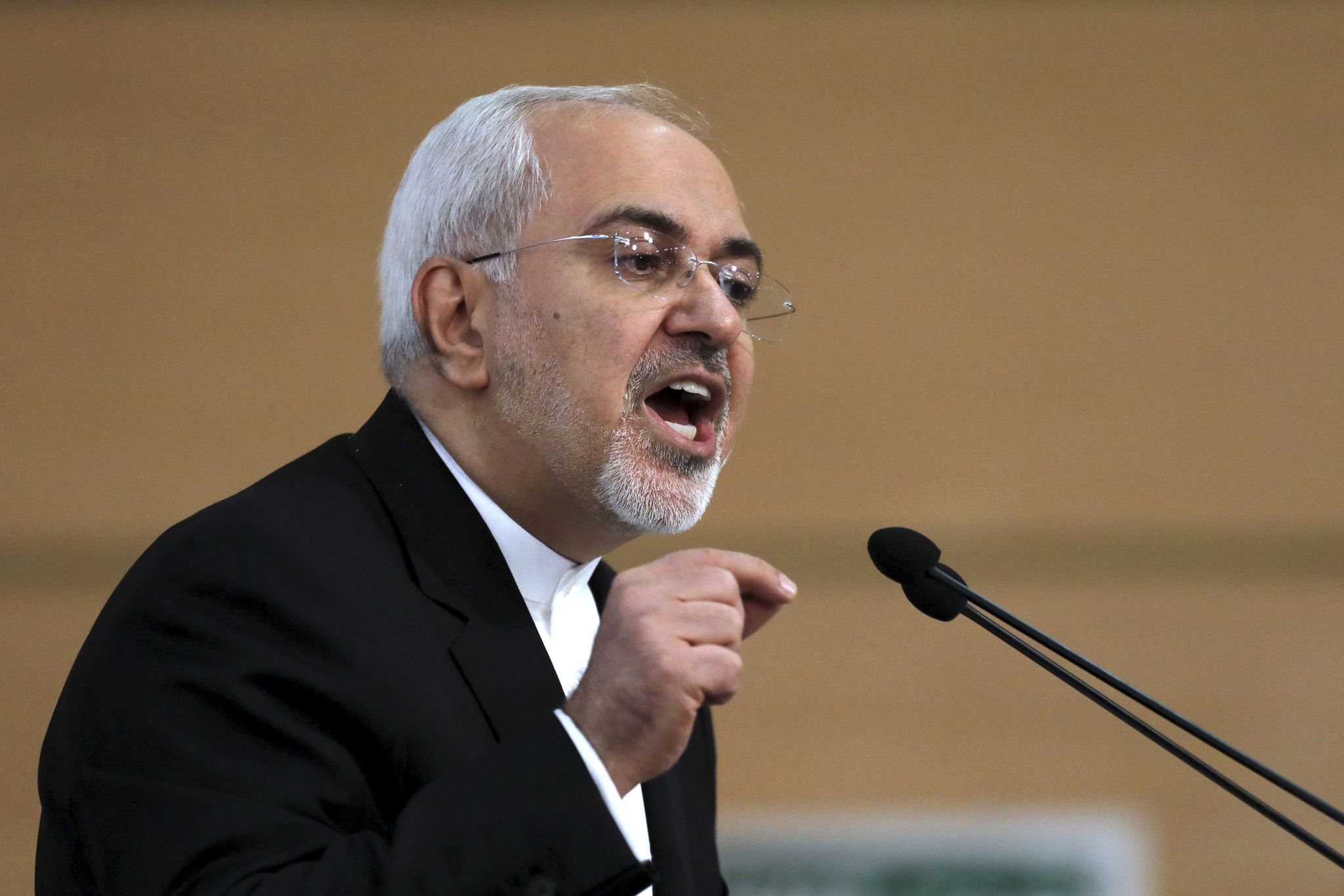
Iranian Foreign Minister Mohammad Javad Zarif said Monday the European signatories of the Iranian nuclear deal should convince President Trump not to exit the controversial accord.
Iranian Foreign Minister Mohammad Javad Zarif said Monday the European signatories of the Iranian nuclear deal should convince President Trump not to exit the controversial accord.
“It is either all or nothing,” Mr. Zarif tweeted. “European leaders should encourage Trump not just to stay in the nuclear deal, but more important to begin implementing his part of the bargain in good faith.”
Mr. Zarif is scheduled to deliver a speech Monday night at the Council on Foreign Relations, an American think tank in New York City. He is expected to address Tehran’s vision of the deal’s future, in addition to accusing key U.S. ally, Saudi Arabia, of destabilizing the Middle East.
Officials in Tehran have announced they will “shred” the agreement if Washington withdraws and vowed to then resume their nuclear program “at much greater speed.”
Formally known as the JCPOA, or Joint Comprehensive Plan of Action, the 2015 deal saw Iran agree with the U.S., France, Germany, Britain, Russia and China to stop its nuclear weapons development in exchange for the lifting of international economic sanctions.
But Washington opposition has grown as doubts — especially among conservatives and Mr. Trump — have multiplied over Iran’s trustworthiness and compliance.
Mr. Trump has made revisiting the deal one of his top foreign policy priorities and attempted to leverage its quarterly reauthorization process as a negotiating chip.
Under U.S. law, the president must reauthorize the deal every 120-180 days by signing a waiver. For months, Mr. Trump has threatened to dump the deal unless it is tightened up. During the last reauthorization waiver extension in January, he said it was a “last chance” to change the accord before Washington withdraws.
European signatories now have a May 12 White House deadline to change the deal, or Mr. Trump will refuse to extend U.S. sanctions relief on Iran — effectively killing the contentious, landmark agreement.
On Sunday, French President Emmanuel Macron urged Mr. Trump to stick with it, warning that there is no “plan B” if the U.S. opts out.
“President Macron is correct in saying there is no “plan B” on JCPOA,” Mr. Zarif added on his Tweet Monday.
Mr. Macron is visiting Washington this week for three days of VIP events, including Mr. Trump’s first state dinner on Tuesday with first lady Melania Trump, Brigitte Macron and Mr. Macron. The Iran issue will likely be discussed.
Meanwhile on Monday, Russian Foreign Minister Sergey Lavrov said China and Russia would block any attempts to “sabotage” the deal.
“There are attempts to interfere with the international order upon which the United Nations depends,” Mr. Lavrov said, after talks with Chinese officials before a meeting of the Shanghai Cooperation Organisation, a regional security bloc spearheaded by Moscow and Beijing.
Praising the JCPOA as “one of the biggest achievements in international diplomacy in recent times,” Mr. Lavrov added that “revising this document is unacceptable.”






